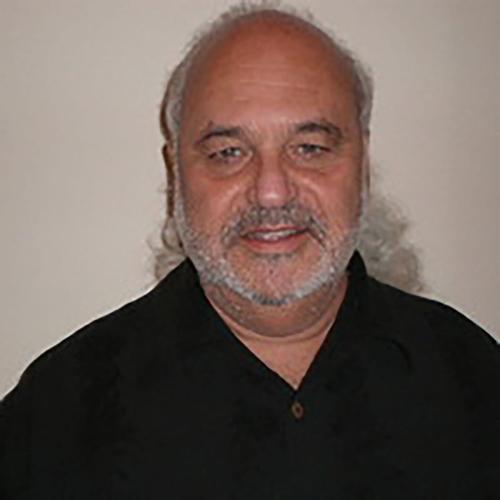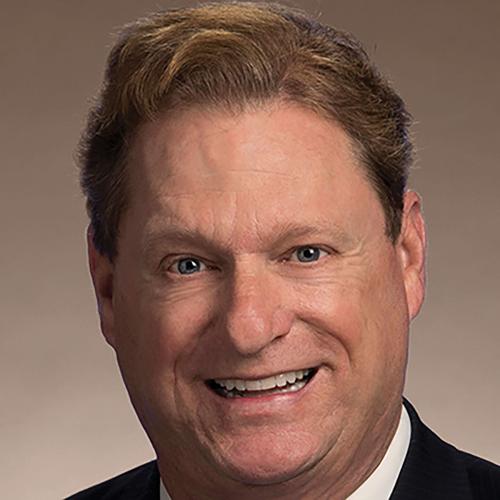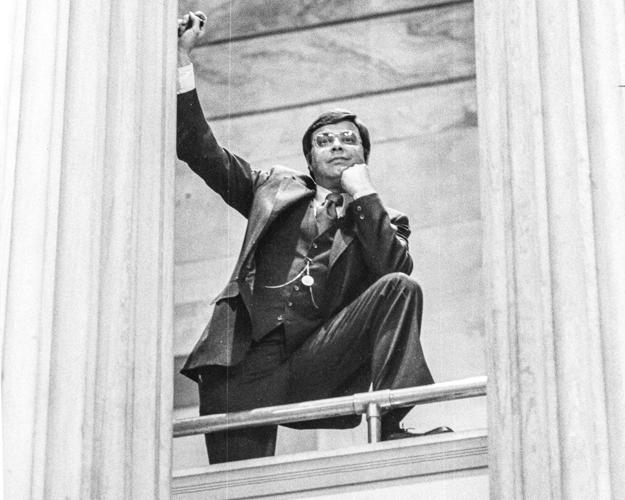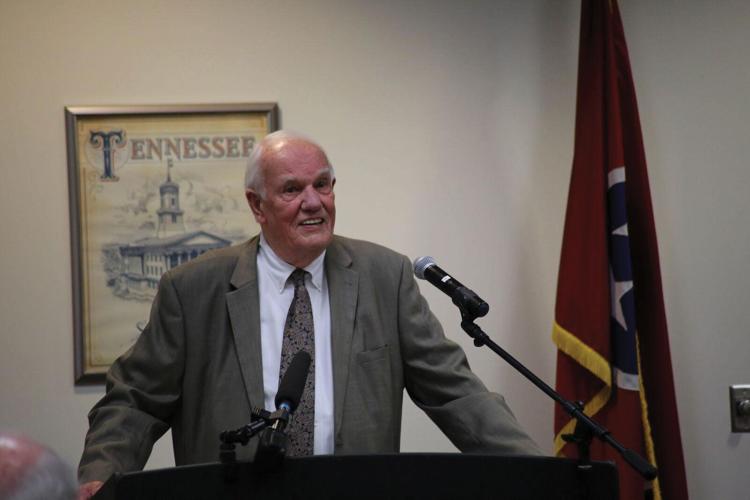
Bill Beck
Bill Beck
Democratic state representative, ‘happy warrior’
Ask people what they remember about Bill Beck and usually the first thought is his laugh. Bill lit up every single room he walked into. From the halls of the state legislature to the Beck Law office and countless neighborhood events in East Nashville, Inglewood, Madison and beyond, the laugh was ever-present and will never be forgotten.
Carson W. “Bill” Beck was a true local, from Madison and Whites Creek. Rep. Beck served in the Tennessee Air National Guard and was a graduate of University School of Nashville, Belmont University and the Nashville School of Law. He practiced law with his mother and shared an office with his dad and brother, who had a real estate business. He was a wonderful father to Meredith and husband to Pam.
His mantra was “people, not politics.” In his nine years of service in the Tennessee House of Representatives, he was known as someone who would reach across the aisle and get things done. Rep. Beck was one of the most prolific legislators of either party, despite his status in the Democratic superminority.
Because of his positive demeanor in the face of such adversity, former Tennessee Democratic Party Chair Mary Mancini dubbed him “the happy warrior.” We will miss our “happy warrior” so dearly. A wonderful man and Nashvillian, gone too soon. —Anthony Davis & David Bone

Seth Norman
Seth Norman
Criminal court judge, veteran, ‘father of the state’s recovery court system’
Seth Norman served as a criminal court judge in Nashville from 1990 until his 2018 retirement. While a judge, Norman established the Davidson County Drug Court, considered one of the first recovery courts in the country. According to the state court system, he is “the father of the state’s recovery court system,” which now includes 82 recovery courts.
A Nashville native, Norman left Vanderbilt University to enlist in the U.S. Air Force, with which he served as a navigator in the Korean War and around the world. He earned his law license after graduating from the Nashville School of Law. He served as a member of the Tennessee House of Representatives and was a delegate to the 1968 Democratic National Convention.
Prior to his election as judge, Norman worked in private practice with his father Jack Norman Sr. He died in September at age 89. —Stephen Elliott
Don Sundquist
Governor, executive, member of the old guard
Late this summer, Gov. Bill Lee announced the death of former Gov. Don Sundquist. At age 87, the two-term governor was 20 years out of the limelight.
His passing was an immediate tragedy — he leaves behind a wife, two kids and three grandchildren — and a tidy metaphor for the conservative generation that’s come since Sundquist left the governor’s mansion in 2003. It was Sundquist, a Republican, whose prudent push for a state income tax launched Marsha Blackburn — then a state representative — into Tennessee’s populist stratosphere. Colleagues and political opponents remember Sundquist for his willingness to put policy ahead of politics. Others remember him for a relatively stable seven years, including his abolition of the state’s corrupt Public Service Commission, followed by a turbulent eighth year — when his office became embroiled in its own scandal involving a $100 million no-bid contract to Nashville businessman Al Ganier that prompted federal indictments.
Before his reign as governor, Sundquist swiped a congressional seat from incumbent Bob Clement, a Democrat, just after districts were redrawn after the 1980 Census. In the last statewide election before he died, Sundquist saw a young Andy Ogles do the same to Jim Cooper in Nashville. Parties change, but politics doesn’t. —Eli Motycka

Tom Hensley
Tom Hensley
Lobbyist, volunteer, ‘Golden Goose’
“In 1975, Tom Hensley, a powerful liquor lobbyist known as the ‘Golden Goose,’ testified in a legislative committee that he provided free bottles of whiskey to any member of the General Assembly who wanted one,” reads an excerpt from Joel Ebert and Erik Schelzig’s Welcome to Capitol Hill, released this year. “The revelation came as little surprise to insiders, but the brazen confirmation of free booze flowing to lawmakers shocked the public. Hensley’s testimony came after Lt. Gov. John Wilder formed a three-member committee to look into allegations that two state senators had been offered bribes in exchange for voting in favor of a liquor price-fixing law.”
As Schelzig later put it for the Tennessee Journal, “Hensley was a throwback to the old days of lobbying” — a suit-wearing, cigar-chomping fixture at the Capitol. A native of Jackson, Tenn., Hensley started out working the hospitality suite at the Hermitage Hotel before landing gigs as a lobbyist for Wine & Spirits Wholesalers of Tennessee and others. Hensley was also an avid outdoorsman and longtime commissioner for the Tennessee Wildlife Resources Agency, and a board member for the Miss America Pageant, later becoming the first person inducted into the Miss America Academy of Honor.
A husband, father and grandfather, Hensley died in January at age 80. —D. Patrick Rodgers
Fred W. Lazenby
Life insurance executive, political fundraiser, philanthropist
Fred Lazenby — whom everyone knew as Ted — was born and raised in Chattanooga. But he was so Old Nashville that his first job after graduating from Vanderbilt and serving in the U.S. Army in Europe was with the National Life and Accident Insurance Co., owner of the Grand Ole Opry and its broadcast radio station WSM until the early 1980s. (Fun fact: The motto of National Life was, “We shield millions” — or “WSM.”)
Lazenby’s start with the life insurance company was humble — he went door to door making his pitch to sell policies — but in 1980 he was named president, the youngest to achieve the office. When National Life was acquired by American General, Lazenby founded Southlife Holding Co.
In his retirement, he applied his financial expertise to his passion for politics and served as finance chair for Sen. Fred Thompson’s election campaign, Tennessee finance chairman for George W. Bush’s 2000 presidential campaign and four years later, deputy chair for the 2004 Bush-Cheney reelection campaign.
Lazenby was founding chairman of the board for the Community Foundation of Middle Tennessee. He and his wife of 30 years, Gigi, were a prominent couple in Nashville philanthropy. —Kay West
Roy Herron
Faith leader, attorney, politician, father
Writer, father, teacher, faith leader, political leader and candidate Roy Herron was known to be prolific in just about everything he did.
Herron went from the state legislature — where he represented West Tennessee, including his native Dresden — to chair of the Tennessee Democratic Party, to a Nashville law firm with his wife, the Rev. Nancy Miller-Herron, and their son Ben. Throughout, he racked up endurance competitions, political memorabilia and friends, who packed the Nashville Farmers’ Market for his celebration of life earlier this year. Herron passed away in July at age 69 from injuries sustained in a jet ski accident, a shock to his family and the state’s political community. —Eli Motycka
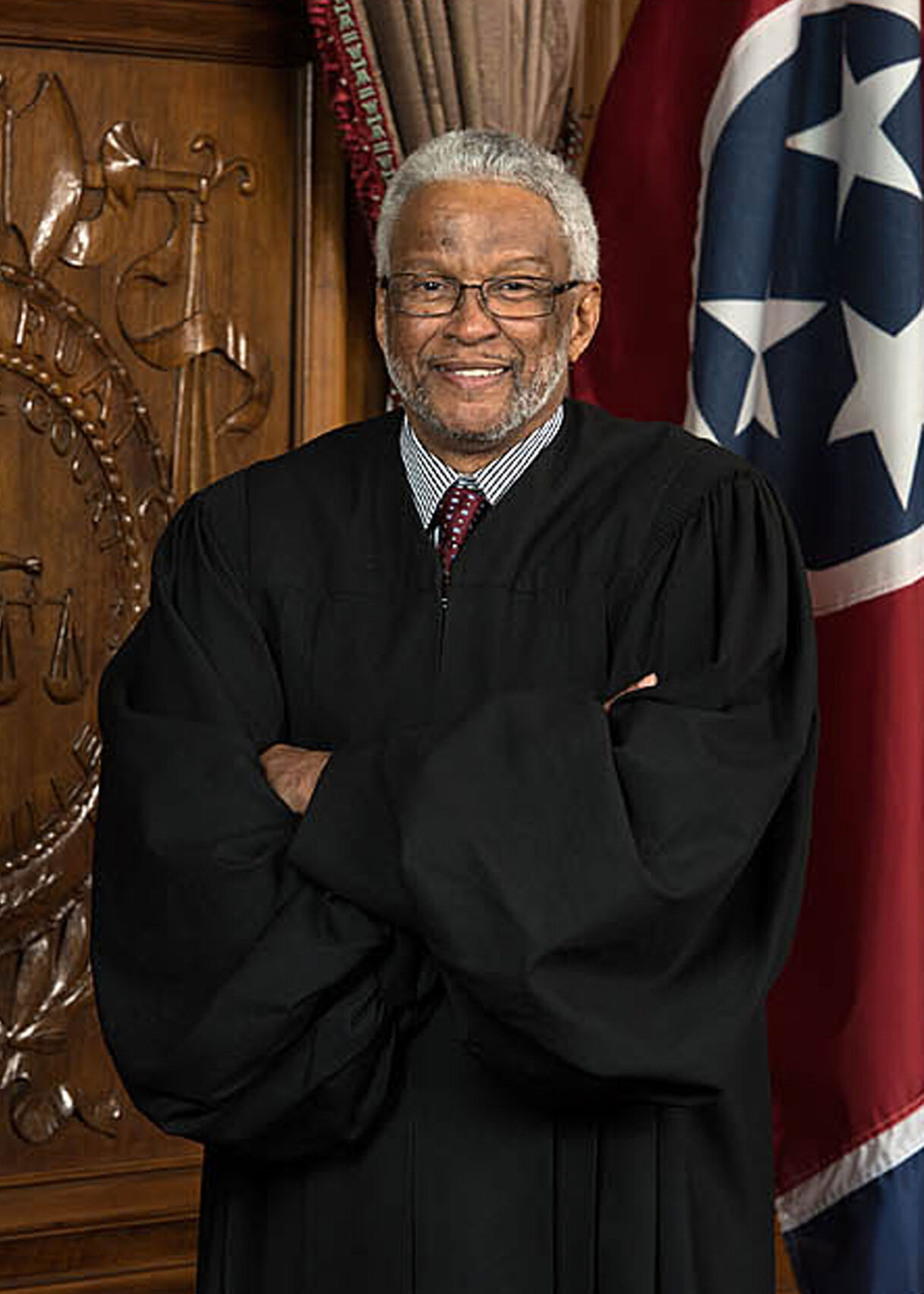
Judge Richard Dinkins
Richard Dinkins
Judge, legal expert
Richard Dinkins was first appointed as a judge on the Tennessee Court of Appeals in 2008 by then-Gov. Phil Bredesen. He was the first Black judge on the court. Previously he served on the Davidson County Chancery Court and practiced law, including with Avon Williams Jr.
“Judge Richard Dinkins was an outstanding jurist and a credit to Tennessee,” Judge Melissa Blackburn wrote on Facebook. “I will miss working with him, particularly on projects that reflected his passion for making the practice of law accessible and exciting for young people.”
Added Davidson County Register of Deeds Karen Johnson: “This great man was a gentle and affectionate friend who graciously shared his deep knowledge, experience and wisdom with everyone who sought guidance.”
Dinkins decided not to seek another term on the Court of Appeals in 2022. He died in October at age 71. —Stephen Elliott
Jan Bushing
Community builder
Jan Bushing’s life of community building was impressively rich and varied, as she served her state, her city and her neighborhood in various capacities throughout her life. The Nashville native attended West High School and Vanderbilt’s Peabody College before working in biomedical research at the Tennessee Neuropsychiatric Institute. In 1975 she founded the Hillsboro-West End Neighborhood Association, and her time as a chair and board member allowed her to leave one of her most visible legacies in the city: She helped spearhead the construction of the beloved “Dragon” sculpture that stands watch at Fannie Mae Dees Park near Vanderbilt in 1981, and she led a 2018 restoration effort to preserve the sculpture for generations to come.
Bushing’s passion for service extended far beyond her own neighborhood. She chaired the Metro Nashville Planning Commission for 16 years, represented Nashville in the Tennessee House of Representatives for one term and served for more than 25 years in the Tennessee Department of Education, working to expand pre-K and preschool education options as the director of school-based support services.
From helping construct a friendly neighborhood mascot in her own community to influencing education statewide, Bushing helped shape the childhoods of so many people she never met. —Cole Villena

Avi Poster
Avi Poster
Activist, educator, friend
There is a cruel irony in losing Avi Poster in 2023. After a decorated career as an educator in Chicago, the tireless activist relocated in 2001 to Nashville, where he furthered issues of social and economic justice as a vocal and visible leader in Nashville’s Jewish community.
Poster died in January at age 78. His work spanned the Metro Council — where he served as a district councilmember — nonprofit boards, city commissions, fundraisers, marches, protests and Noshville, the city’s self-styled New York delicatessen. He moved fluidly between community meetings, congregations and local politics, fortifying Nashville against discrimination and injustice in its many forms and challenging others to do the same. —Eli Motycka
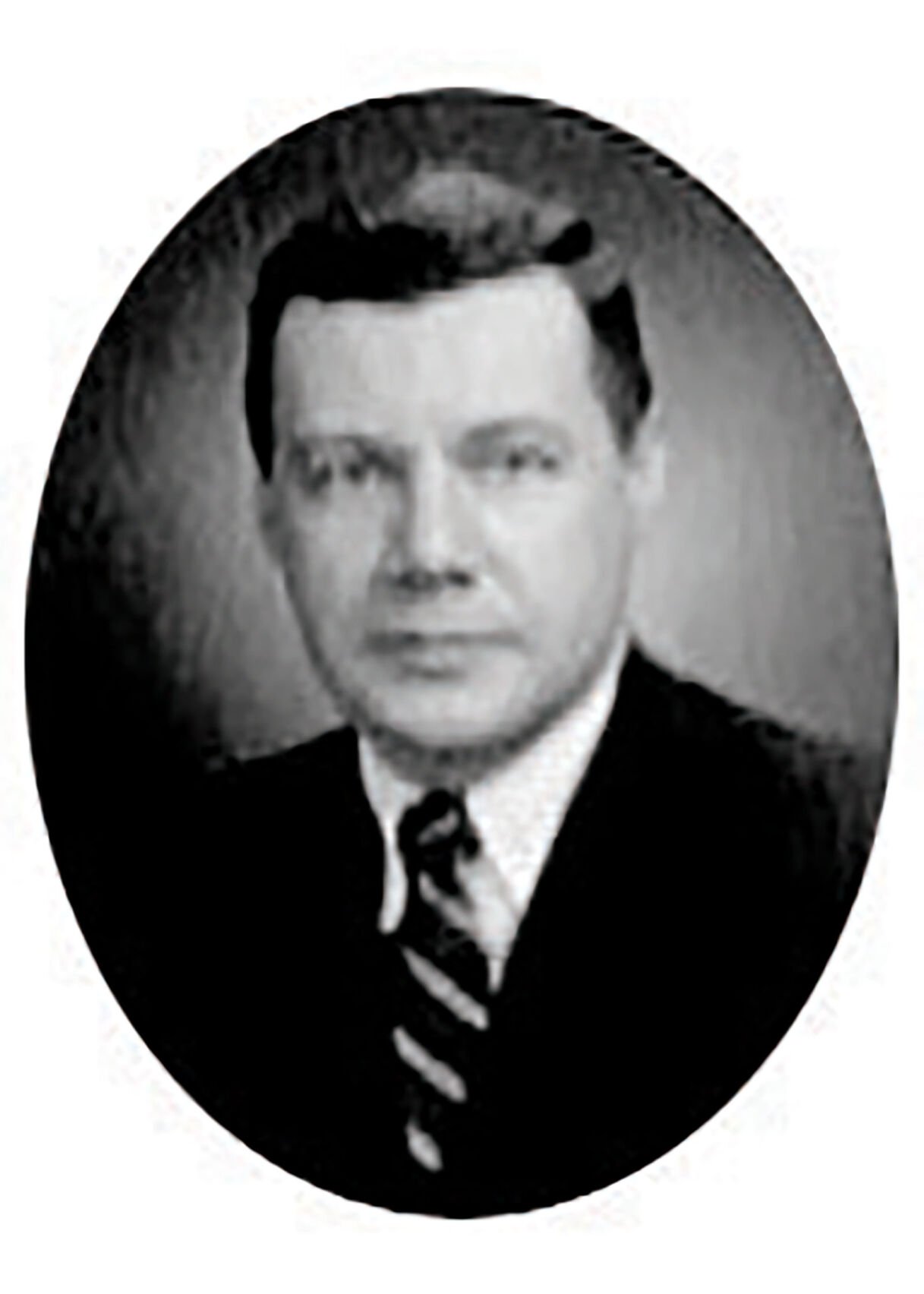
Ward DeWitt
Ward DeWitt Jr.
Attorney, state representative, veteran
Ward DeWitt was a prominent lawyer in Tennessee and a member of the Tennessee House of Representatives from 1955 to 1956.
Before his time as a lawyer — he was a partner at Trabue, Sturdivant and DeWitt — he served in the Navy, signing up during World War II but never facing battle. He did, however, witness a test explosion of two atomic bombs near Bikini Island.
His time as a lawyer included a stint as a court liaison helping manage dozens of lawsuits in the wake of the Waverly train explosion in 1978, resulting in a settlement paid to victims. (DeWitt noted that while the undisclosed sum was large, many victims sustained serious injuries, and 16 people died in the blast.) DeWitt was an avid outdoorsman and a lover of history who also served as the Tennessee Historical Commission’s chair from 1997 to 2003. He died in April at age 93. —Alejandro Ramirez
Kathleen Harkey
Tireless advocate for children
Kathleen Harkey was a champion for children, for her church community and for reproductive health care. A Yellowhammer State native who held degrees from both Auburn University and the University of Alabama — and later an MBA from Vanderbilt University — Harkey arrived in Nashville with her husband John Harkey and quickly set about serving her community as education director at Planned Parenthood.
She left a mark on the city as director of development at Nashville Public Television before the birth of her children, Kate and Wil, led her to public education advocacy work. She was a driving force in the formation of the nonprofit day care Cooperative Child Care, and she advocated for Paideia education in Nashville’s schools. She spent six years as a Metro Nashville Public Schools board member, and she advocated for gun safety reform with Moms Demand Action, tirelessly working for safer schools and communities.
A family obituary published in The Tennessean notes that Harkey’s passion for social advocacy was initially sparked through early experiences in her church community, and she was a devoted member of the First Unitarian Universalist Church of Nashville until the end of her life. Wrote one friend on a memorial page: “This world is a little less powerful and fierce without Kathleen in it.” —Cole Villena
Commemorating some of the irreplaceable Nashville figures we lost in 2023

